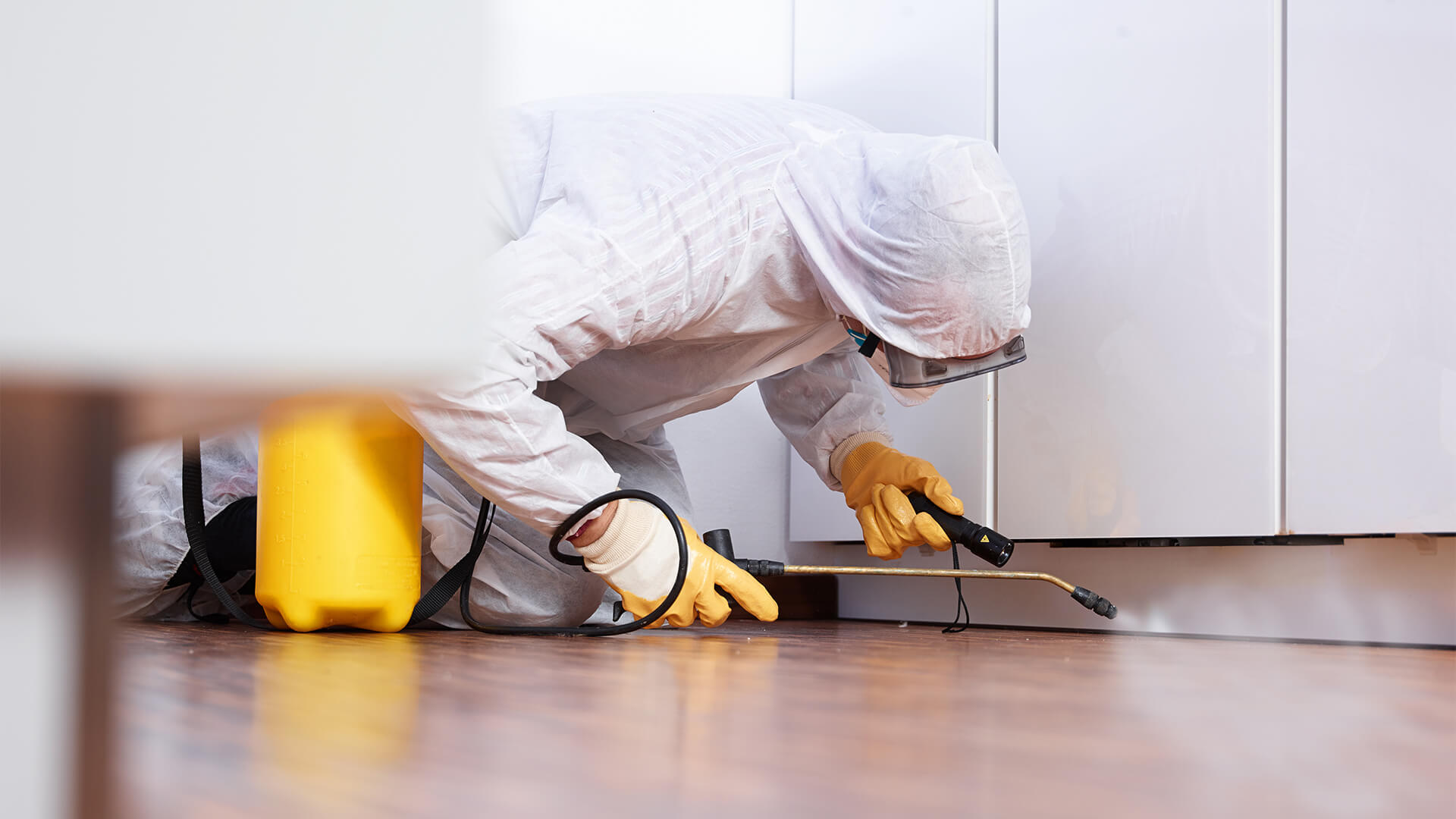In the world of pest management, many people ask, 'what is biological pest control?' This method has gained traction as a sustainable and eco-friendly alternative to traditional chemical pest control.
Biological pest control refers to the use of living organisms to suppress pest populations, leveraging the natural relationships within ecosystems. This article delves deep into the concept of biological pest control, its benefits, techniques used, and some frequently asked questions.

Understanding Biological Pest Control
Biological pest control primarily uses natural predators, parasites, or pathogens to manage pest populations. Rather than relying on synthetic chemicals that may cause harm to the environment or human health, biological methods aim to restore ecological balance.
Typically, biological control involves three main strategies:
- Natural Control: This is when the natural interactions between pests and their predators occur without human intervention.
- Augmentation: This involves releasing additional natural enemies into a pest population to enhance biological control.
- Conservation: This method focuses on protecting existing natural enemies by improving habitat or reducing site disturbances.
Benefits of Biological Pest Control
There are numerous advantages to using biological pest control methods:
- Environmental Safety: Unlike chemical pesticides, biological control methods typically have minimal environmental impact.
- Biodiversity Enhancement: By integrating biological control, ecosystems can thrive with a broader spectrum of flora and fauna.
- Reduced Chemical Use: This approach lessens the dependency on chemical pest control, promoting a healthier living environment.

Techniques Involved in Biological Pest Control
Implementing effective biological pest control involves several important techniques:
1. Introducing Predatory Species
One of the most common methods is the introduction of predatory insects that naturally consume pests. For example, ladybugs can significantly reduce aphid populations, while lacewing larvae target various pest insects.
2. Parasitic Wasps
Parasitic wasps lay their eggs inside pest insects, and once hatched, they consume the host. This natural method can be quite effective against caterpillars and various beetles.
3. Entomopathogenic Fungi and Bacteria
These microorganisms can infect pest organisms, leading to their demise. For example, using the Bacillus thuringiensis (Bt) as a natural insecticide is a common practice.

Common Myths About Biological Pest Control
Despite its effectiveness, several myths surround biological pest control:
- It's Slow: While it may not offer instant results, biological methods can effectively suppress pest populations over time.
- Only for Large Farms: Biological control can be used by homeowners as well, making it accessible for pest management on any scale.
- Non-Specific and Risky: Many biological control organisms are specifically chosen to target particular pests, minimizing the risk to non-target species.
Implementing Biological Pest Control in Your Garden
If you're considering biological pest control options in your garden or home, here are a few steps to follow:
- Identify Your Pests: Understand the pest problem before selecting a biological method.
- Choose the Right Biological Control Agent: Different agents are effective for specific pests.
- Monitor Results: Keep track of pest populations and the effectiveness of the biological control methods used.
Finding Resources and Further Reading
For those interested in learning more about pest control methods, I recommend visiting FieldRoutes Pest Control Blog, which provides valuable insights on various pest management strategies.
Frequently Asked Questions
1. How effective is biological pest control?
Biological pest control can be highly effective when correctly implemented, offering long-term suppression of pest populations.
2. Is biological pest control safe for pets and humans?
Yes, because it primarily relies on natural organisms, biological pest control methods are typically safe for both pets and humans.
3. Can biological pest control be used indoors?
While it is mainly used in gardens and farms, some biological control agents can also be effective for indoor pest problems.
As an Amazon Associate, I earn from qualifying purchases.
